NI Assembly election: No change in assessment of NI paramilitary activity
- Published
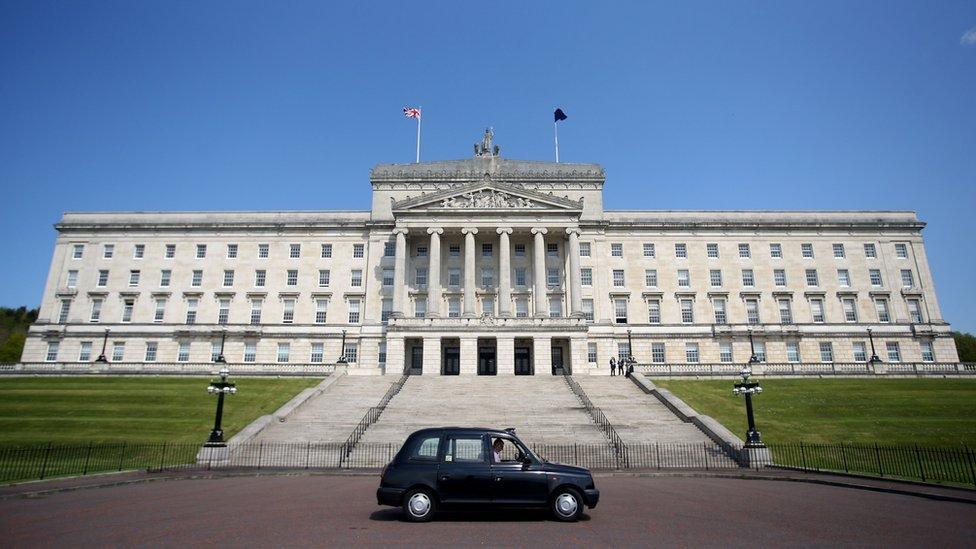
The future make-up of the new Stormont executive will soon be decided
The official assessment of paramilitary groups in Northern Ireland has not changed despite some very serious crimes, the PSNI chief constable said.
George Hamilton was speaking after a meeting with Ulster Unionist leader Mike Nesbitt on Tuesday.
Mr Nesbitt asked for a briefing following Monday's murder before his decision on joining a new Executive.
Earlier, Stormont's political parties were given a document with the main points of a programme for government.
It was delivered in talks that lasted just minutes.
The parties are to reconvene on Thursday to give their initial response.
What's the make-up of the new assembly?
Speaking after the brief talks, Mr Nesbitt said the Alliance Party had been offered the Justice Ministry. In response, Alliance said Mr Nesbitt had broken an agreement of confidentiality, with Stewart Dickson calling the Ulster Unionists "flippant".
The SDLP leader, Colum Eastwood, said he believed his party was "a very long way" from a programme to which they could sign up.

So what happens next?
The parties have been given until Thursday to make a formal initial response.
That's also the day the new Assembly meets for the first time - and sets the clock ticking on a two week negotiation period. But what are they being asked to agree on?
Sources close to the negotiations describe what will eventually emerge as a "framework programme for government" which will then go out for consultation.
At the end of this year a detailed programme for government will be produced.
There'll also be a budget for the next three to four years.
And there'll be documents setting out strategies on the economy, capital investment and social policy strategy.
Sources say they've looked closely at the model in Scotland where a series of national outcomes describe what the Government wants to achieve over the next ten years.

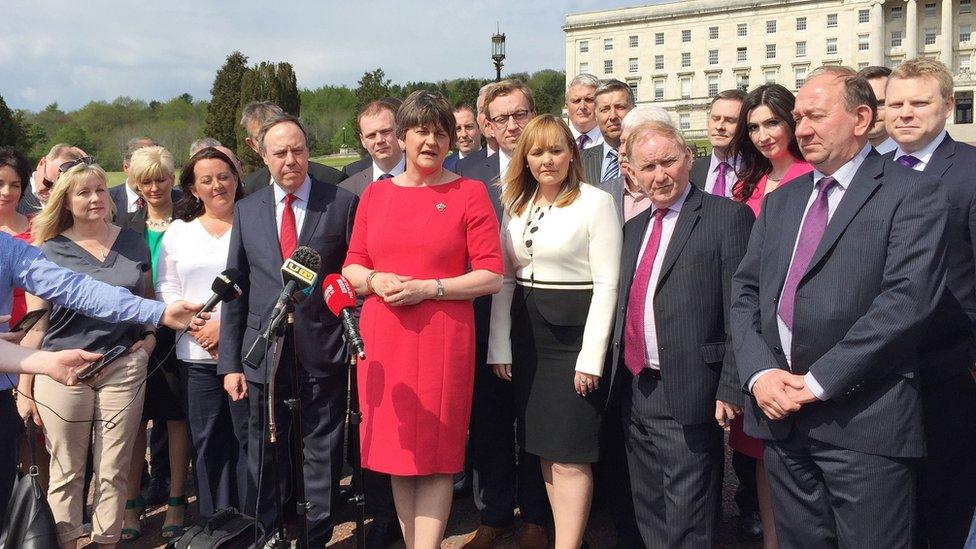
Arlene Foster's DUP won 38 seats to remain the largest in the assembly
Following last week's Northern Ireland Assembly election, he DUP maintained the total of 38 seats that it held in the last assembly, while Sinn Féin lost one and now holds 28.
The Ulster Unionists have 16 seats, and the Social Democratic and Labour Party (SDLP) lost two and now have 12.
The Alliance Party secured eight seats during the election, meaning it does not have enough seats to automatically qualify for a ministerial department.
An executive will be formed when an agreement has been reached.
Sinn Féin's Martin McGuinness said the talks would be inclusive and he wanted to see all of the parties enter the new executive.
DUP leader Arlene Foster said it might be more honest if those who have previously opposed the executive from the inside now do so on the outside.
In his meeting with Mr Nesbitt on Tuesday, the chief constable said that the paramilitary assessment commissioned by the secretary of state and published on 20 October 2015 remains valid.
"Over the course of the last seven months, there have been a number of very serious crimes committed in our community.
"Significant PSNI resources have been allocated to progress the investigations into these incidents. This investigative activity nor wider intelligence to date has not indicated any change to the position reflected in the October 2015 Paramilitary Assessment."
After the meeting, Mr Nesbitt said: "The chief constable confirmed no change from the assessment given to the secretary of state last October - PIRA still exists.
"This is not surprising, but disappointing, given PIRA have drawn the roadmap that others are following. George Hamilton would not be drawn on this week's shootings, but these are serious criminal acts."
He said the chief constable's assessment did not make re-entry to the executive "any more attractive".
The Ulster Unionists have "two other tests regarding the Programme for Government," he said and expected answers in a few days' time.
- Published8 May 2016
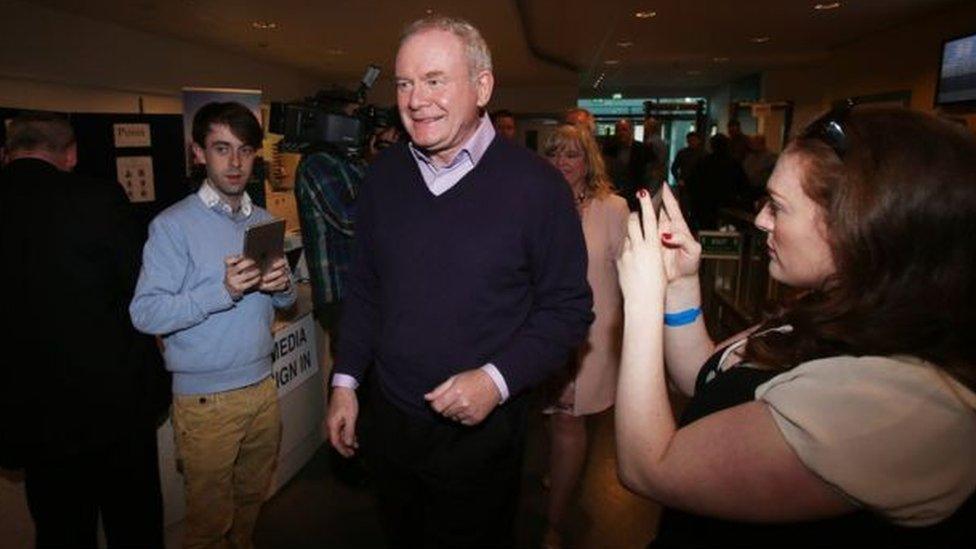
- Published7 May 2016
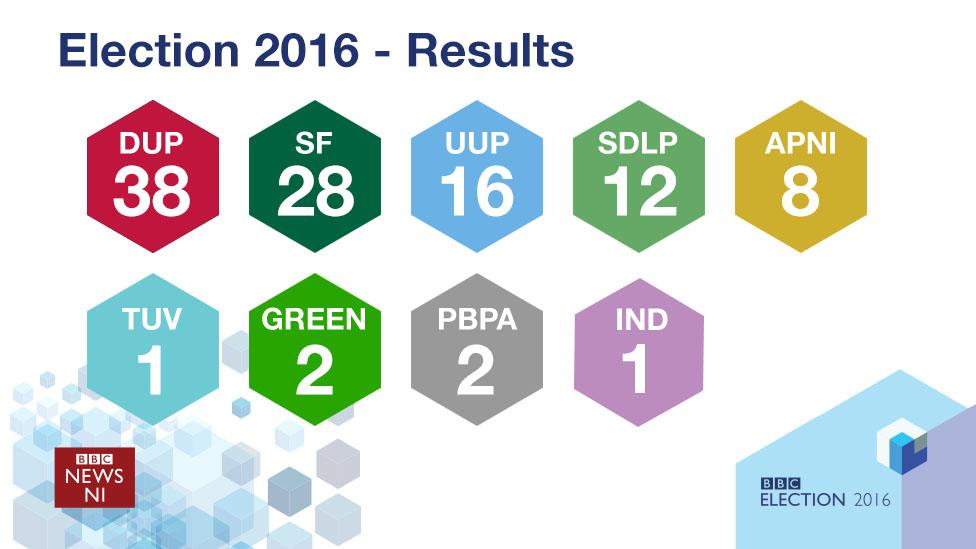
- Published20 October 2015
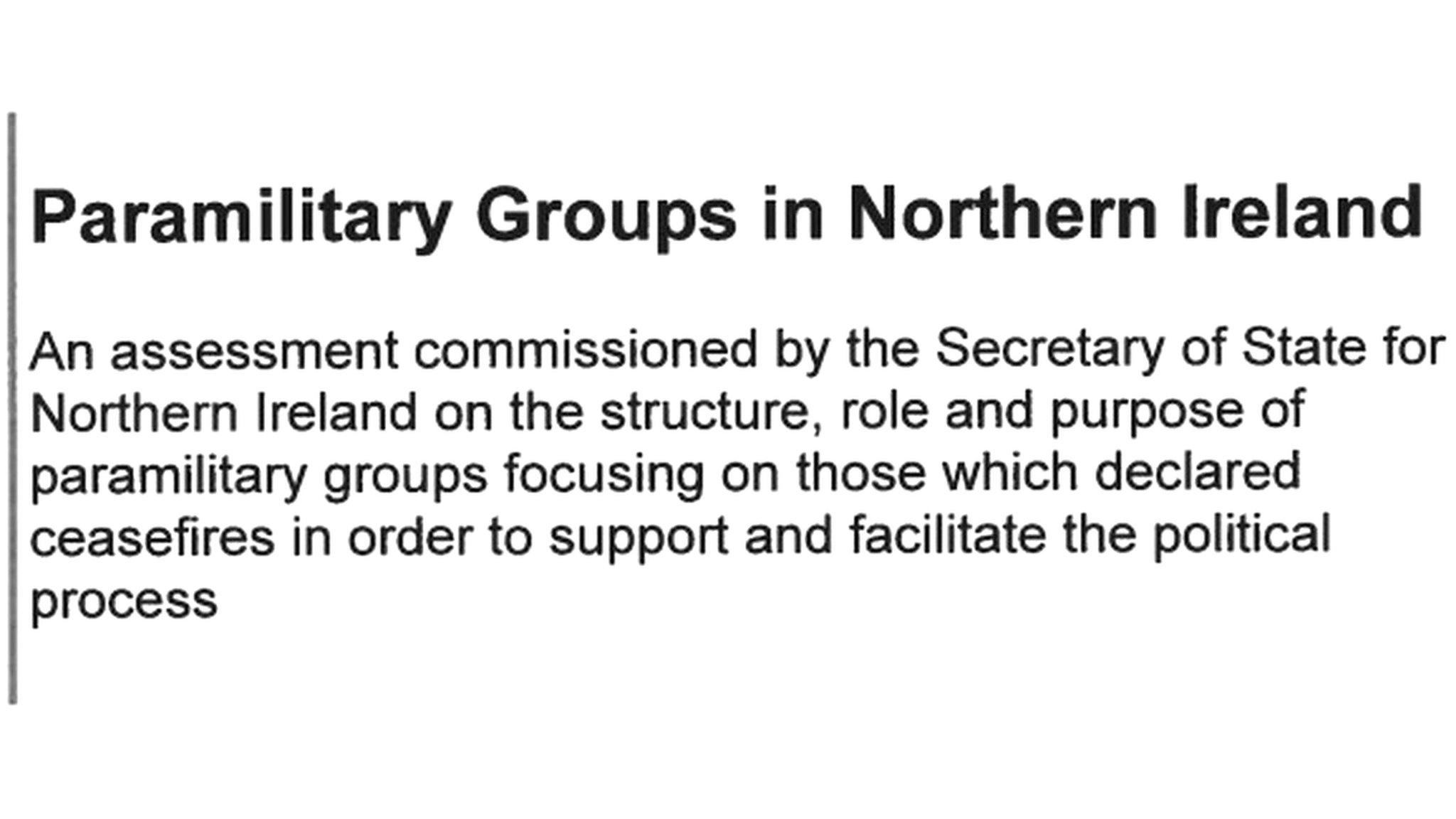
- Published7 May 2016
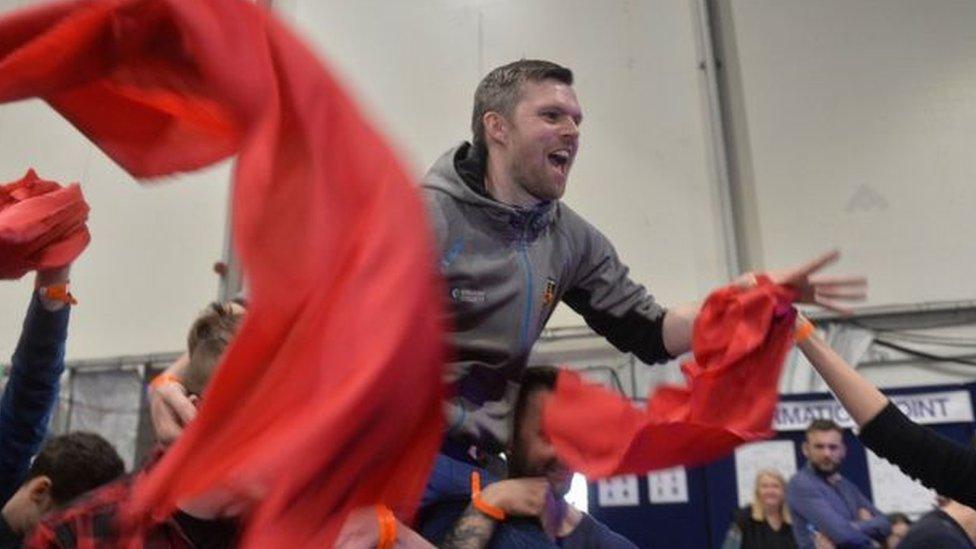
- Published7 May 2016
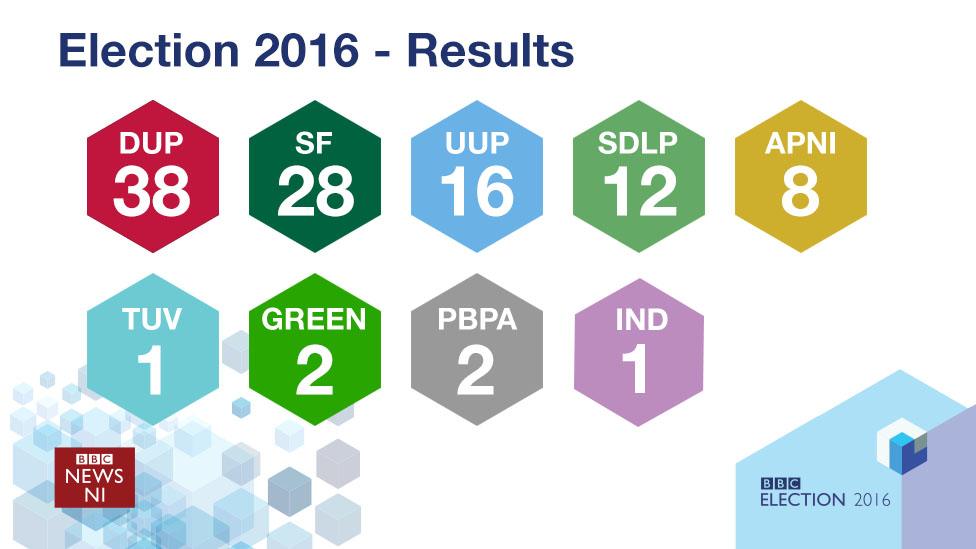
- Published9 May 2016
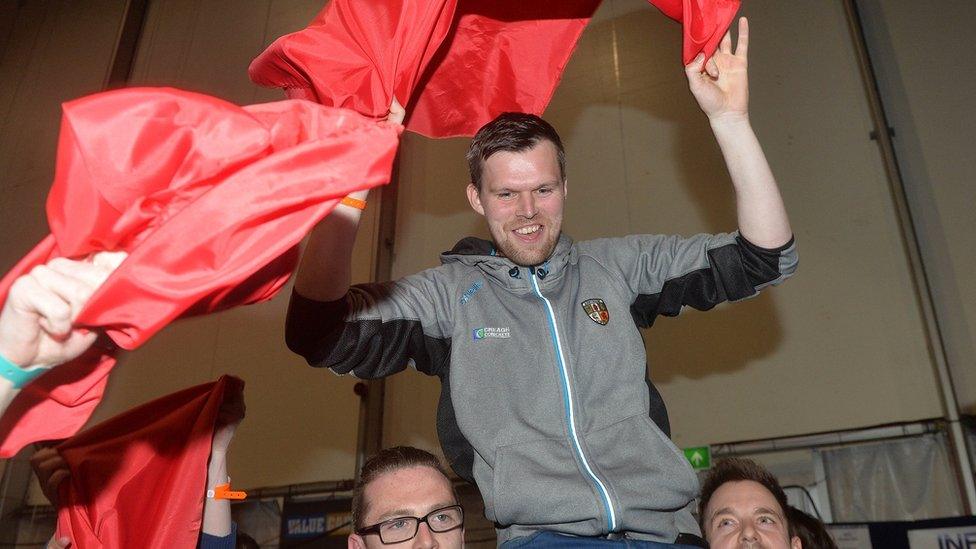
- Published7 May 2016
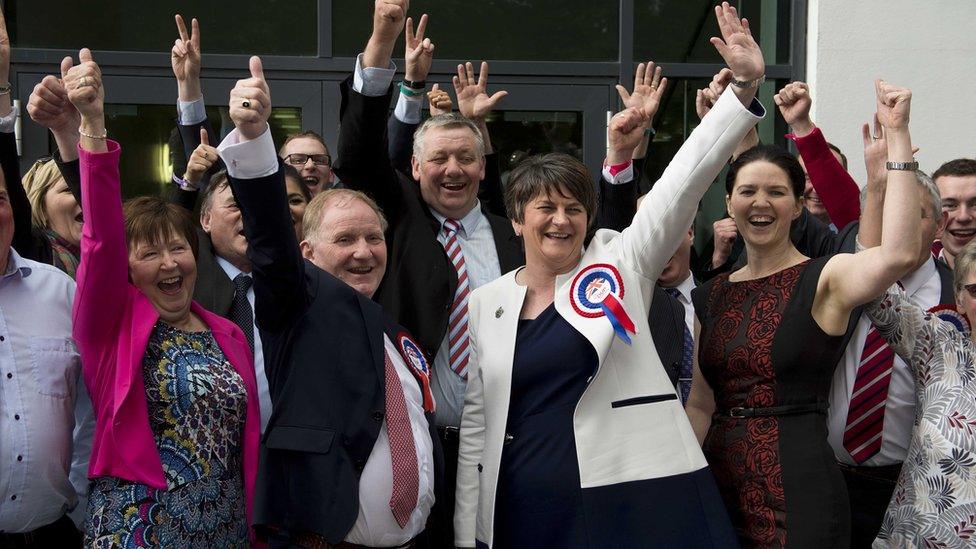
- Published7 May 2016